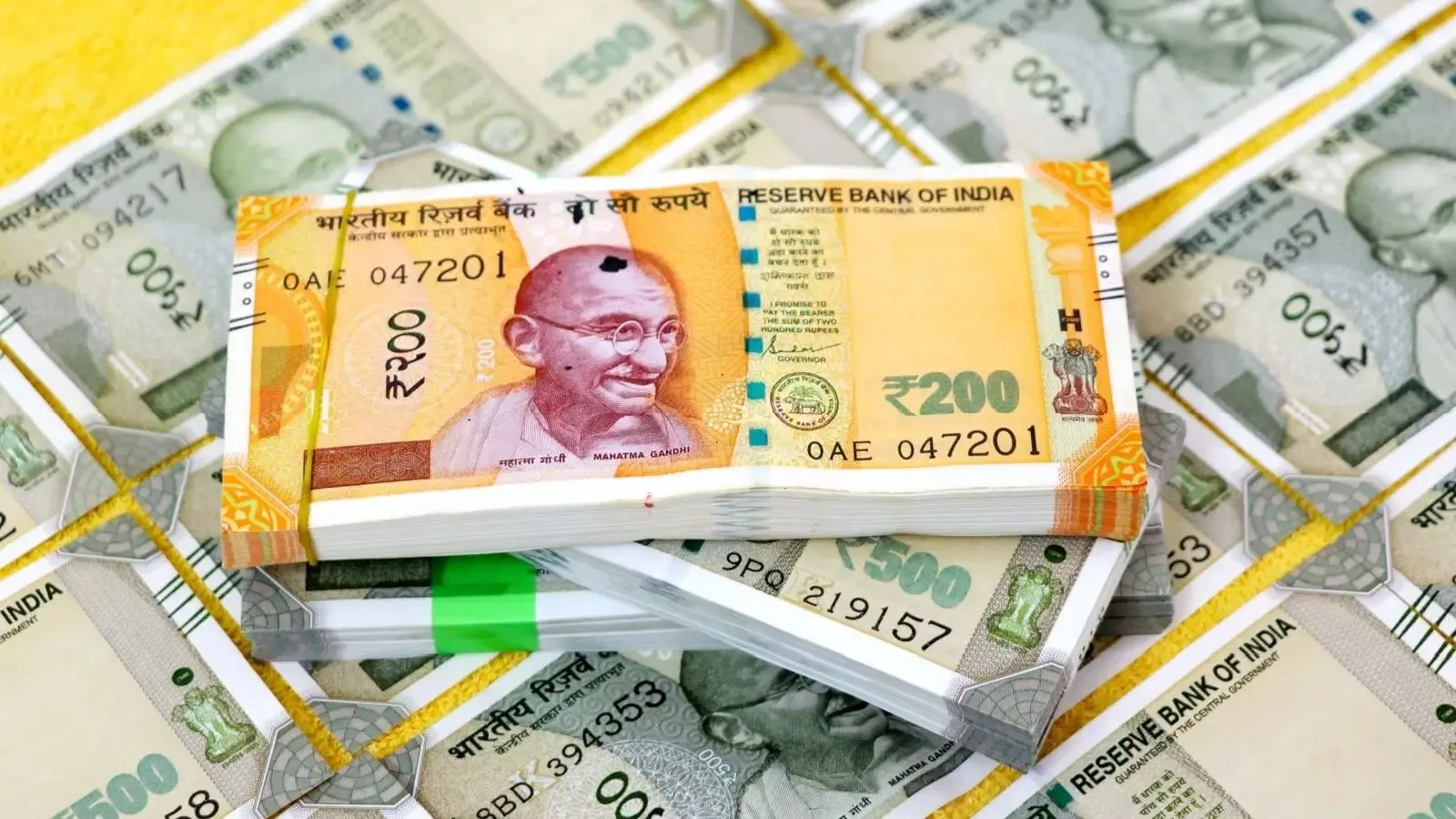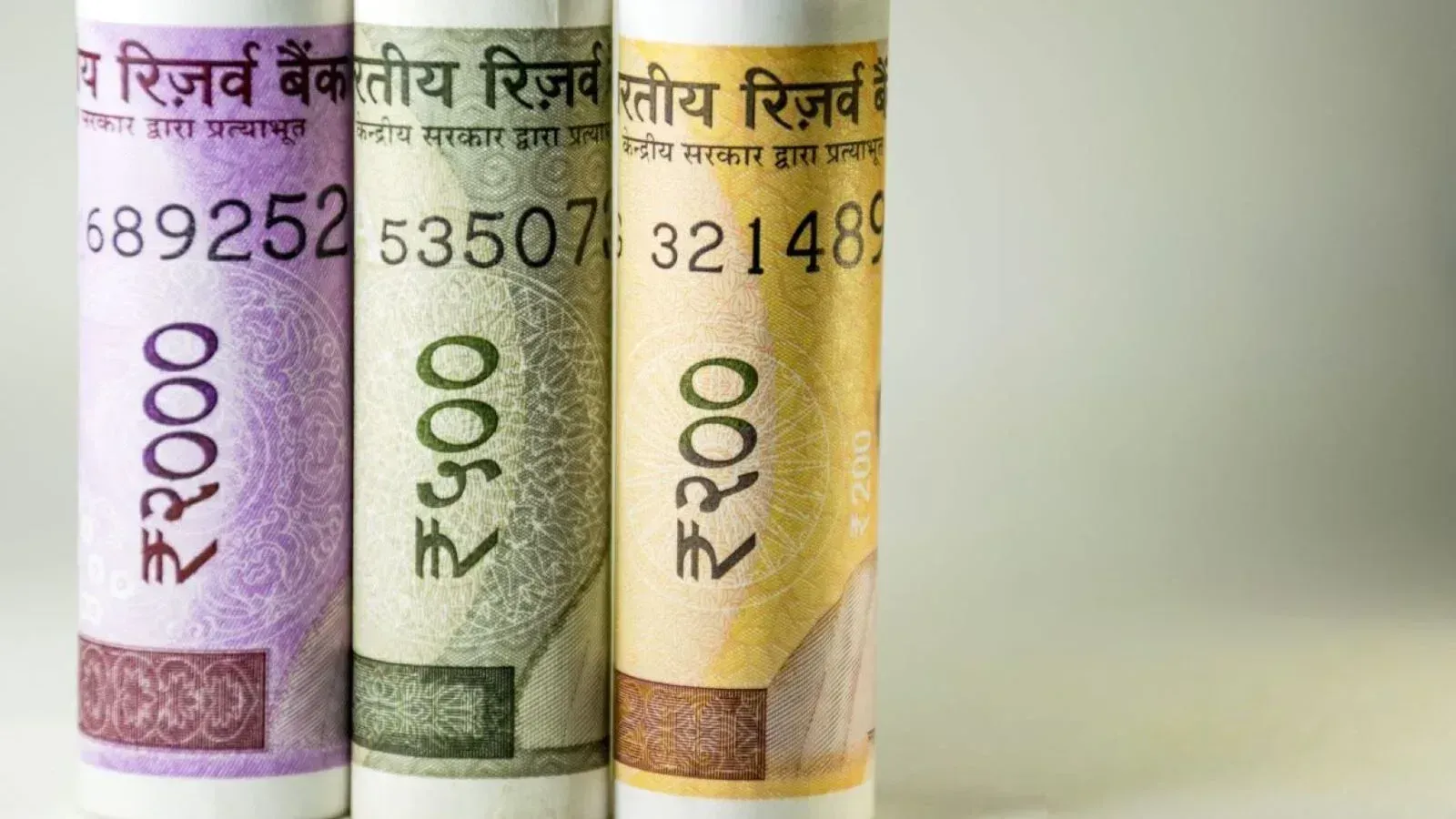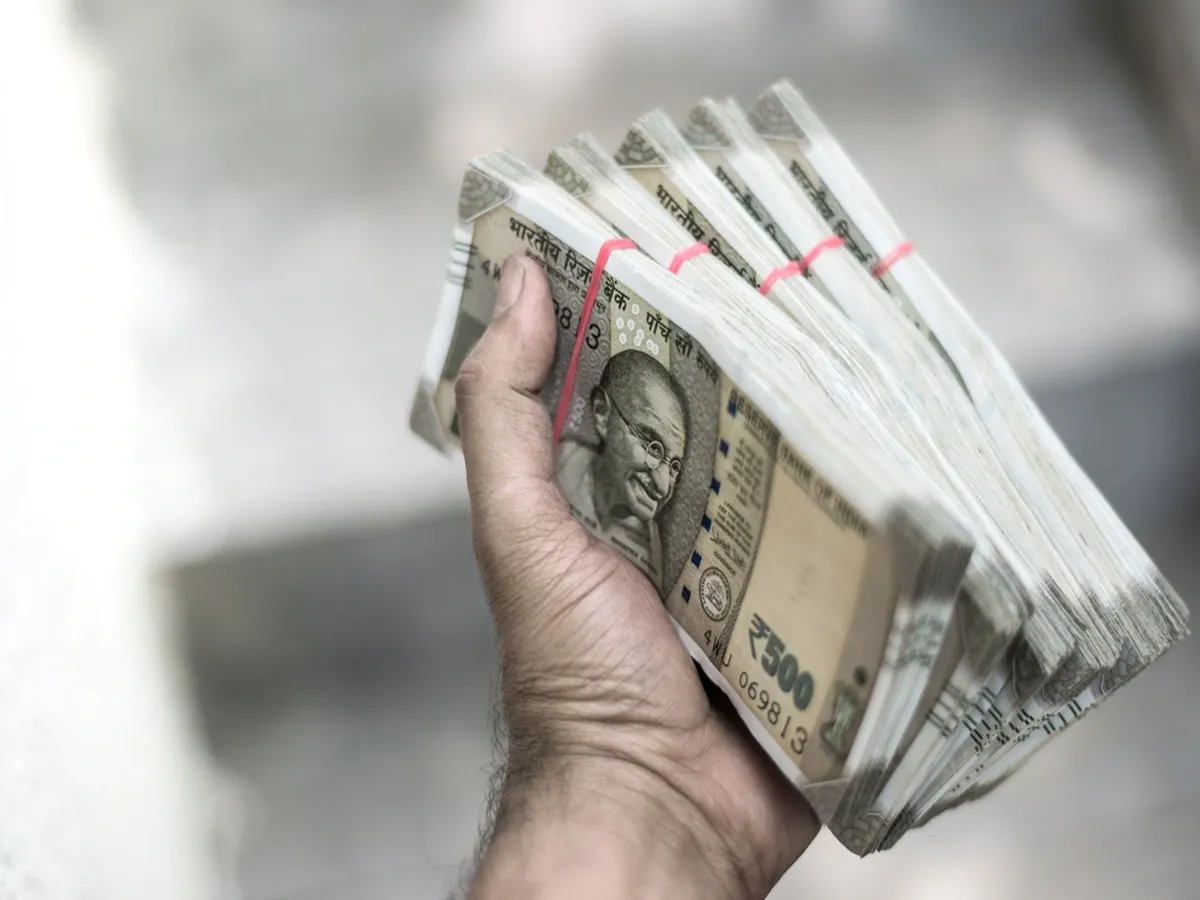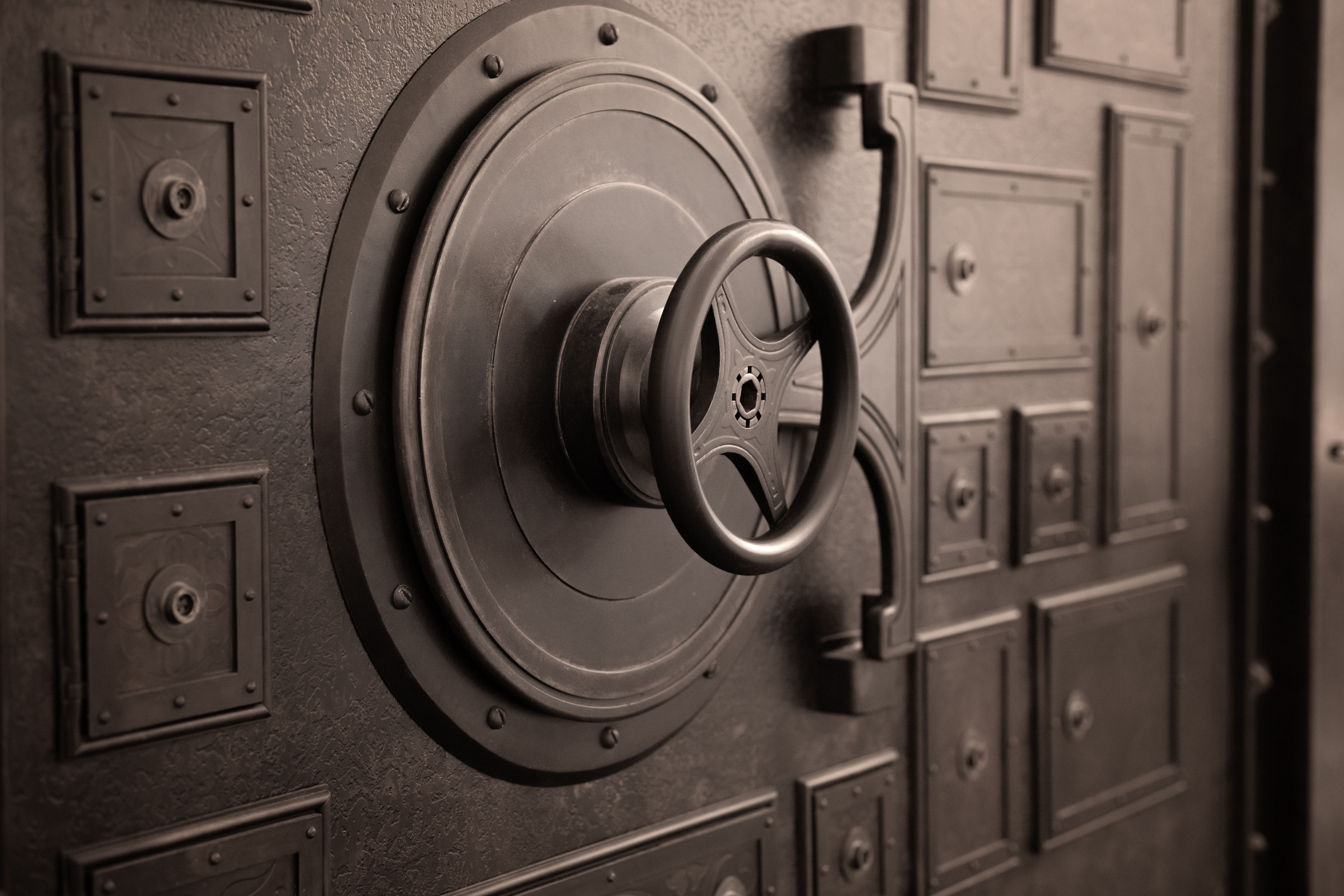Personal Finance News
Unclaimed bank deposits: How to check, claim and get your money back with RBI’s new initiatives

4 min read | Updated on October 06, 2025, 14:35 IST
SUMMARY
As of June 2025, unclaimed deposits in the banking system stood at over ₹67,000 crore. Along with the special outreach programs scheduled between October and December, the RBI has also launched a new incentive programme to reduce unclaimed deposits.

Currently, 30 banks are participating in the UDGAM portal, covering over 90% of the unclaimed deposits in the DEA Fund.
If you have funds in an inactive bank account that you now want to recover, reclaiming them is no longer an impossible task. The Reserve Bank of India (RBI) is organising nationwide outreach programs between October and December 2025, specifically to help people reclaim money from inoperative accounts.
What happens to funds in inoperative accounts?
An inoperative bank account is a savings or current account that has not had any transactions by the customer (financial or non-financial, like deposits, withdrawals, fund transfers or KYC updates) for two years or more, according to the RBI.
While the money remains in the account, certain services get restricted until the account is reactivated by updating KYC details and carrying out a transaction.
If the account remains inactive for 10 years, the funds (along with accrued interest) are transferred to the RBI’s Depositor Education and Awareness (DEA) Fund.
Set up in May 2014, the DEA Fund collects unclaimed money from accounts in commercial and co-operative banks that haven’t been used or claimed for over a decade.
Banks are required to transfer these funds via the RBI’s e-Kuber platform by the last working day of the month following the 10-year mark.
Can you claim your money in the DEA fund?
Yes, customers or their legal heirs can claim the money in the DEA fund anytime they want. There is no time limit for claiming a refund from the DEA Fund. To claim your money, you can follow these steps:
- Visit any bank branch
- Submit a form with KYC documents for proof of identity and account ownership (such as Aadhaar, driving license, voter ID)
- After the verification is complete, you will receive the money.
To learn about the process in detail, you can also visit special camps being conducted by the RBI from October to December.
How to check if you have any unclaimed funds?
In case you wish to check if you have any unclaimed funds, you can contact your bank or use RBI’s UDGAM (Unclaimed Deposits Gateway to Access Information) portal to search for unclaimed funds.
To check if you have any unclaimed funds, you can follow these steps:
- Go to udgam.rbi.org.in
- Register by entering your mobile number, name, password and complete OTP verification
- Log in using your registered mobile number, password and CAPTCHA
- Navigate to the ‘Individual’ tab
- Enter personal details, including the account holder's name and bank(s). You can also select ‘All’ to search all participating banks
- Submit proof of identity (PAN/voter ID/passport/driving licence number/date of birth)
- Click on search
The portal will show you the details if a match is found, along with the bank name and the Unclaimed Deposit Reference Number (UDRN).
Currently, 30 banks are participating in the UDGAM portal. These banks cover over 90% of the unclaimed deposits in the DEA Fund. The rest of the banks are yet to be onboarded on the portal. Major banks like the SBI, HDFC, ICICI, etc., are enrolled in the RBI’s UDGAM portal.
RBI’s scheme to reduce unclaimed deposits
As of June 2025, unclaimed deposits in the banking system stood at over ₹67,000 crore. The RBI has also announced a new incentive programme to reduce unclaimed deposits across the country. This scheme, referred to as the Scheme for Facilitating Accelerated Payout of Inoperative Accounts and Unclaimed Deposits, came into effect on October 1, 2025, and will run till September 30, 2026.
Under the scheme, banks will receive payouts on the basis of the age of an inactive account and the balance amount. For inactive accounts up to four years, banks will receive 5% of the deposit amount or ₹5,000, whichever is lower. For inoperative accounts up to ten years, banks will get 7.5% of the deposit value or ₹25,000, whichever is lower.
The RBI has asked banks to encourage customers to settle inoperative accounts. For incentives, banks can file claims quarterly in a prescribed format. The claims must be signed by a senior executive appointed by a bank’s top management.
Further, claims must be filed within one month following the end of each quarter by email or post. The payouts for incentives will be settled within 30 days of submission, after the necessary audit or inspection, as per the RBI.
The scheme is designed to reduce the existing stock of unclaimed deposits and the future inflow of funds into the DEA Fund by encouraging banks to proactively work on settling inactive accounts.
Related News
By signing up you agree to Upstox’s Terms & Conditions
About The Author
Next Story




